In Pakistan’s major cities, urbanization has led to a variety of challenges, including lack of housing, health concerns, inadequate public transportation system, poor land management, and inadequate educational facilities.
To address these issues, the authorities have been devoting resources to developing relevant policies
Urban planning is the process through which areas are formed in accordance with a layout that efficiently uses the land to fulfill the requirements of the communities. It is the most efficient course of action and can aid towns, cities, and metropolitan regions in controlling population expansion.
What Can Be Achieved by Adequate Urban Planning?
Urban planning encompasses both developed and undeveloped land, built and unbuilt structures, streets, public places, transit, industrial zones, and educational institutions. Developed nations have been working on strategies and policies that prioritize the following factors:
- Regulation and control of development
- Financial investment and economic recovery
- Information management for Data
- Urban and mass transportation
- Sanitation and water supply
- Urban governance and municipal finance
- Inexpensive housing
- Handling of waste
Why Urban Planning Is Important?
It is essential to develop a framework of cooperation between local government entities, the public sector, and private sector authorities in order to address the expanding urbanization issues. It will support the achievement of societal goals in a more comprehensive way.
Following are some benefits of creating an effective framework for urban planning:
- Identifying possible issues in the field of development
- Constructing a growth framework
- Enhancing upcoming development initiatives
- Development of a sustainable urban development of a sustainable urban
- Strengthening the urban economy
- Networking and coordination across different sectors
Potential Development Sector Issues to be Foreseen
The majority of world’s largest cities engage in strategic spatial planning that promotes societal needs-driven and sustainable development. To draw in investments, a stable economy with fewer development issues is necessary.
These cities planned properly serve as safety zones in times of social, political, or economic unrest. Their development strategy may foresee potential issues and provide solutions for them.
But in cities without any growth strategies in place, substandard infrastructure can deteriorate over time and consume resources.
The cost of rebuilding the destroyed infrastructure will also be higher. Urban planning can assist in preventing issues in these cities rather than addressing them after they arise.
Developing a Growth Framework
A growth framework is required for the sustainable expansion of cities. This framework may describe all stages of the development project, from predicting requirements and managing the efforts of several public and private sector partners to executing the policies via a roadmap.
Affordable living conditions, economic development, and social equity are the main focuses of constructive planning. All residents are given equal chances and support to achieve a sustainable living standard.
Enhancing Future Development Projects
The regulation of development projects is one of the main issues in Pakistan. Many city planners just aim to suit the requirements of the populace today while leaving policy gaps for potential future developments. Therefore, it is crucial to plan for the future and enhance the quality of these initiatives.
It may be quite helpful in this respect to focus on long-term issues while organizing short-term initiatives. Urban planning, which organizes land use through an effective strategy to accommodate a wide variety of interests, can aid in this process.
Most urban development plans include multiple zones reserved for future growth, including:
- Residential
- Commercial
- Industrial
- Municipal
On a broader scale, these four categories serve as the foundation for all development projects.
Development of a Sustainable Urban Form
The main issues for urban residents are housing, work, accessibility, and safety.
The population density in a given region, land use, public spaces, and how a layout infrastructure may be constructed to provide excellent services are the main topics of modern urban planning strategies.
These are the components of a decent urban shape that takes into account all the fundamental needs of the populace.
A sustainable urban form is being pursued by a few projects in Pakistan, including Bahria Town, DHA, and others.
Building Up the Urban Economy
55 percent of Pakistan’s GDP is generated by the urban sector. At the moment, urbanization has a detrimental effect on the economy. Migrations from rural regions have impacted the labor market and enterprises in addition to increasing the population.
A large number of unregulated housing societies and projects have emerged at the edges of major cities due to urban expansion. Urban planning may therefore be used to establish new communities and metropolitan areas, strengthening the economy in the process.
Networking and Coordination of Different Sectors
An efficient master plan may be created with the assistance of specialists from a variety of areas, including finance, architecture, engineering, public health, mass transit, sociology, community development, and many more. Both the private and public sectors can work together on this.
In Pakistan, urban planning should be given importance, and good spatial plans should be created by policymakers. It will aid in reducing urbanization’s fast growth and facilitating better population management.


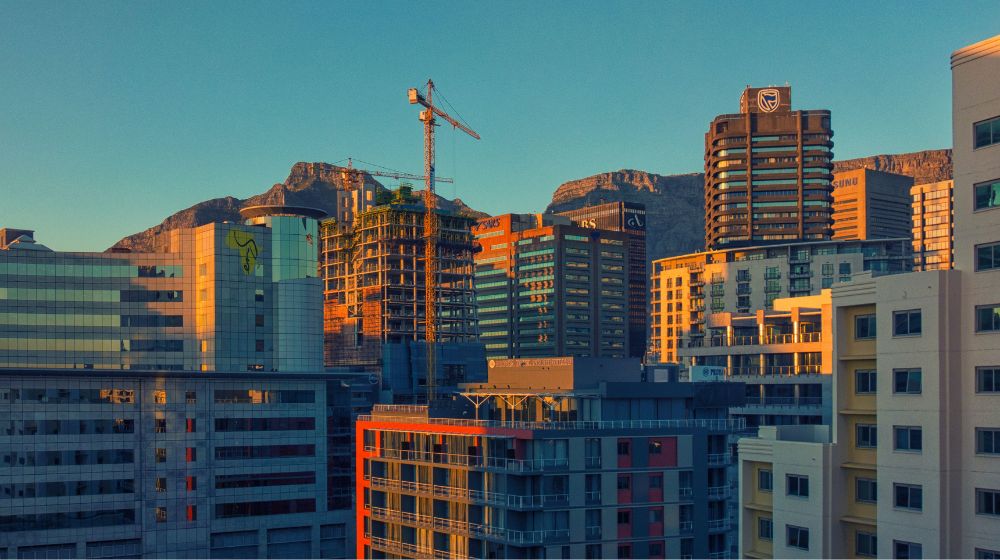
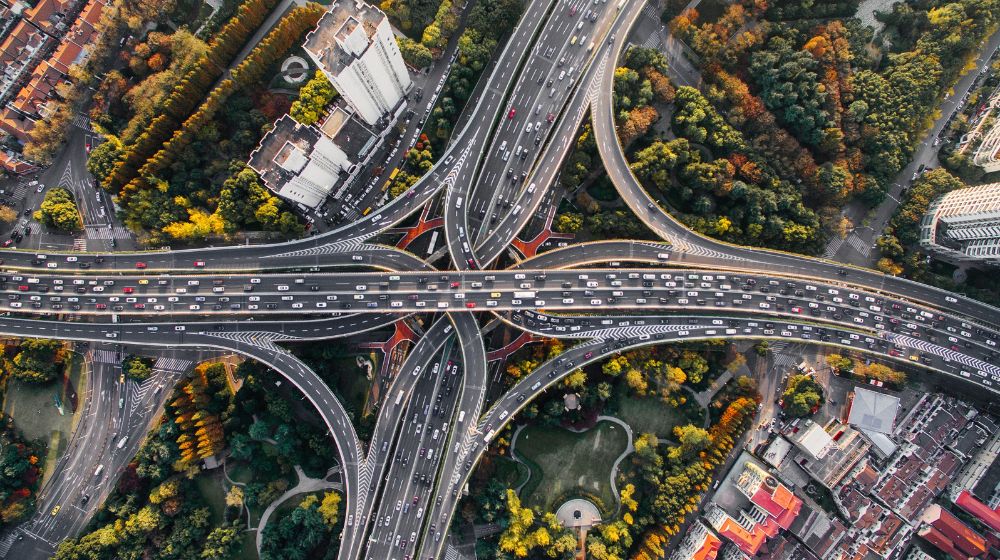

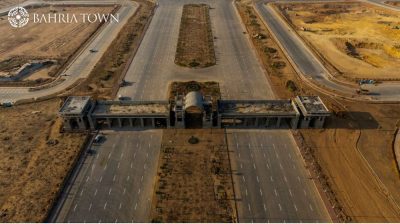
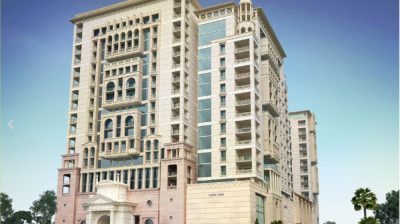
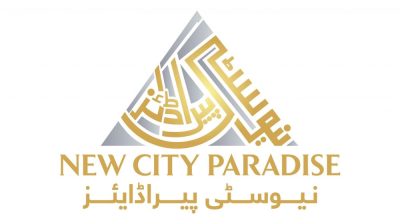
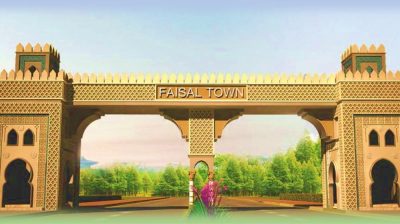

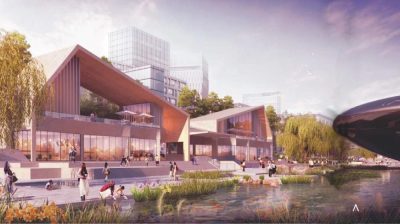

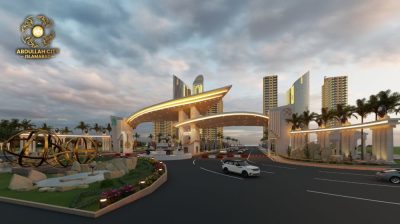

excellent post and very detailed information about Why Urban Planning Is Important. I love your site
Why is urban planning considered a crucial aspect of sustainable development and the overall well-being of a community?
Urban planning is important to create organized, sustainable, and livable cities for present and future generations.